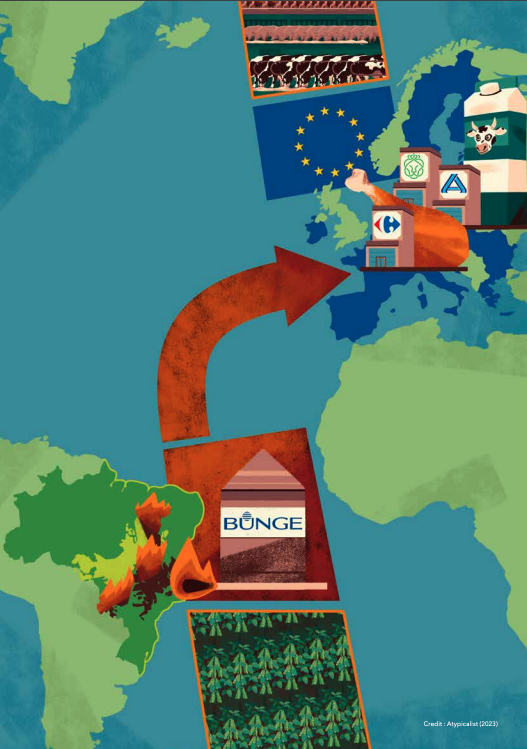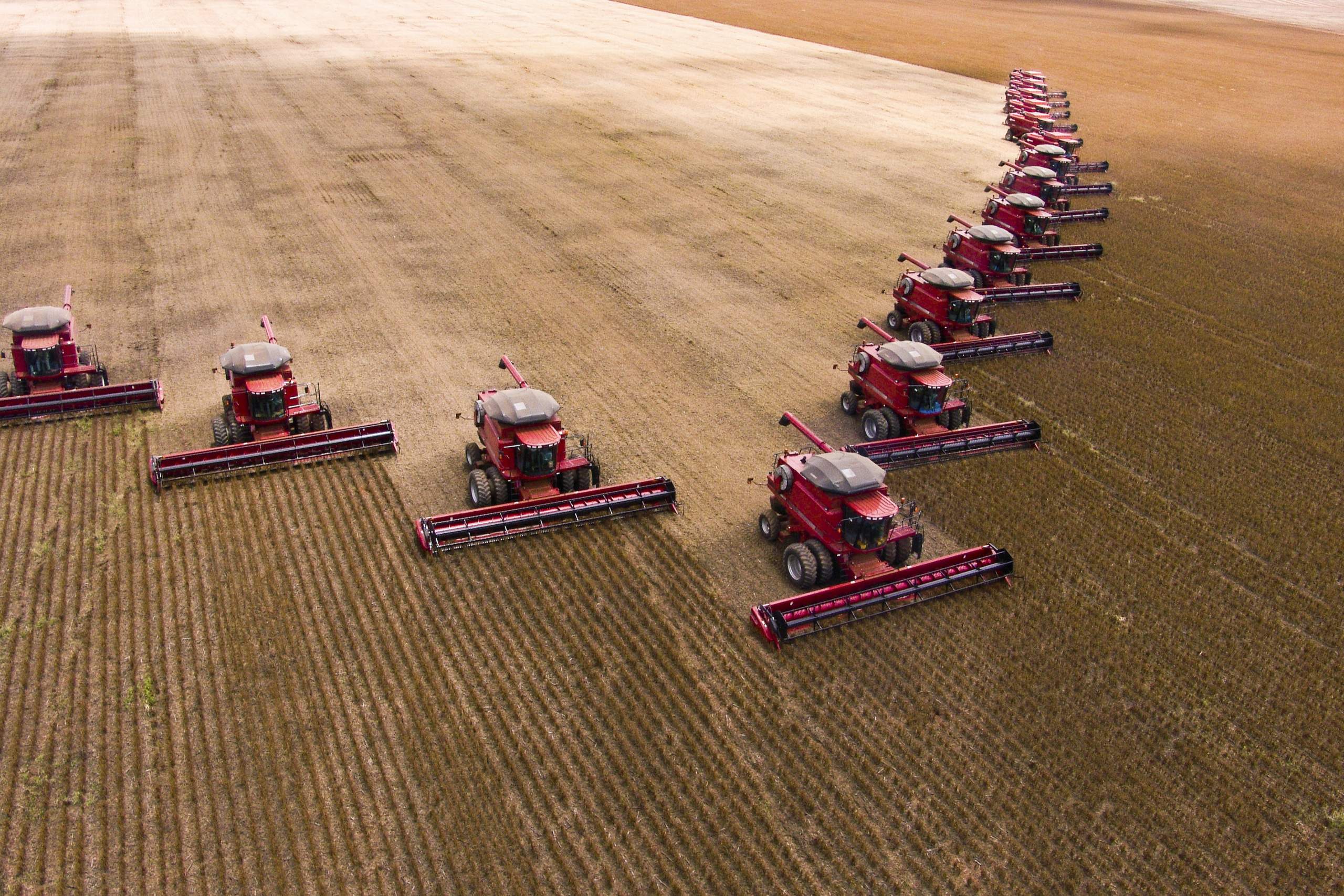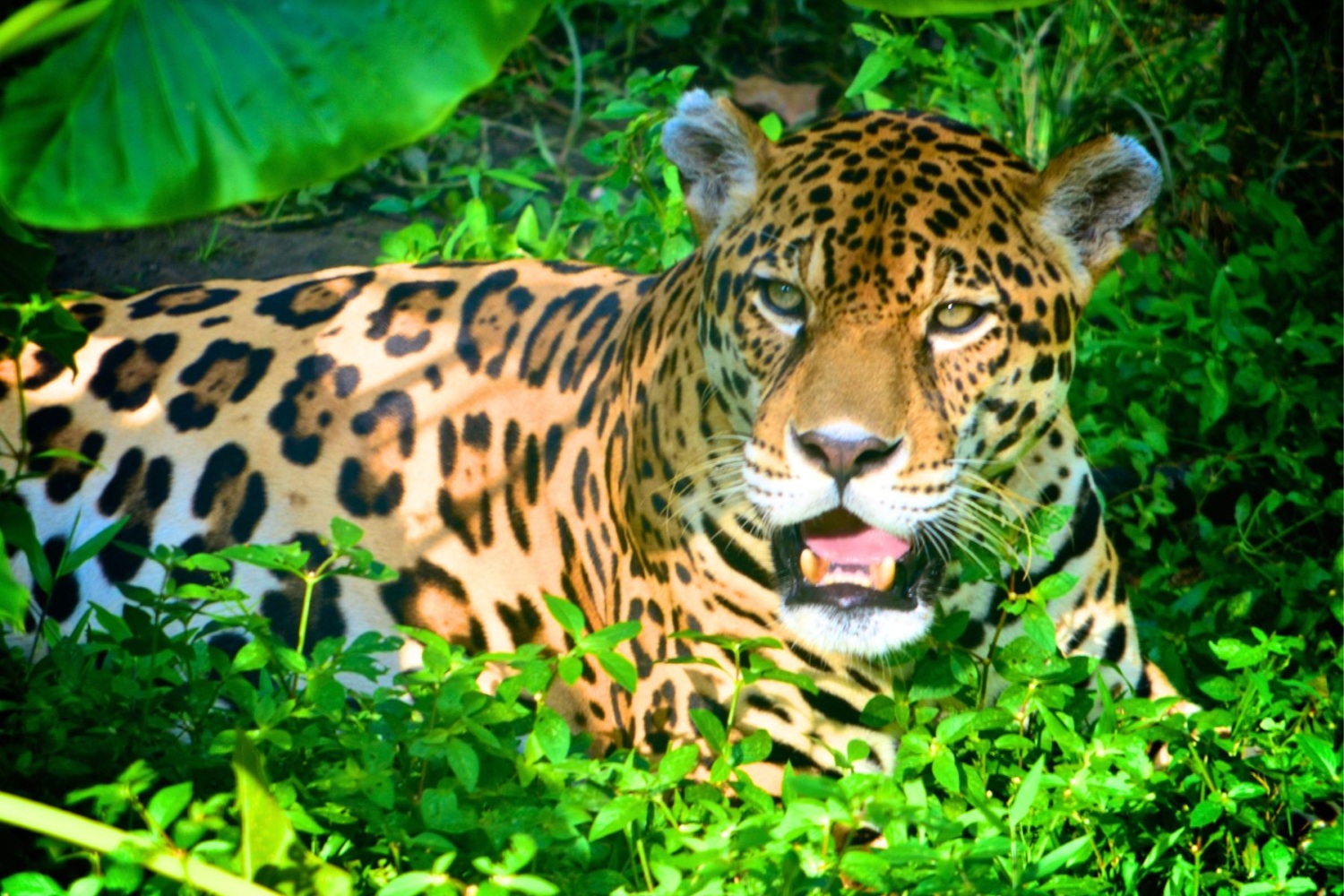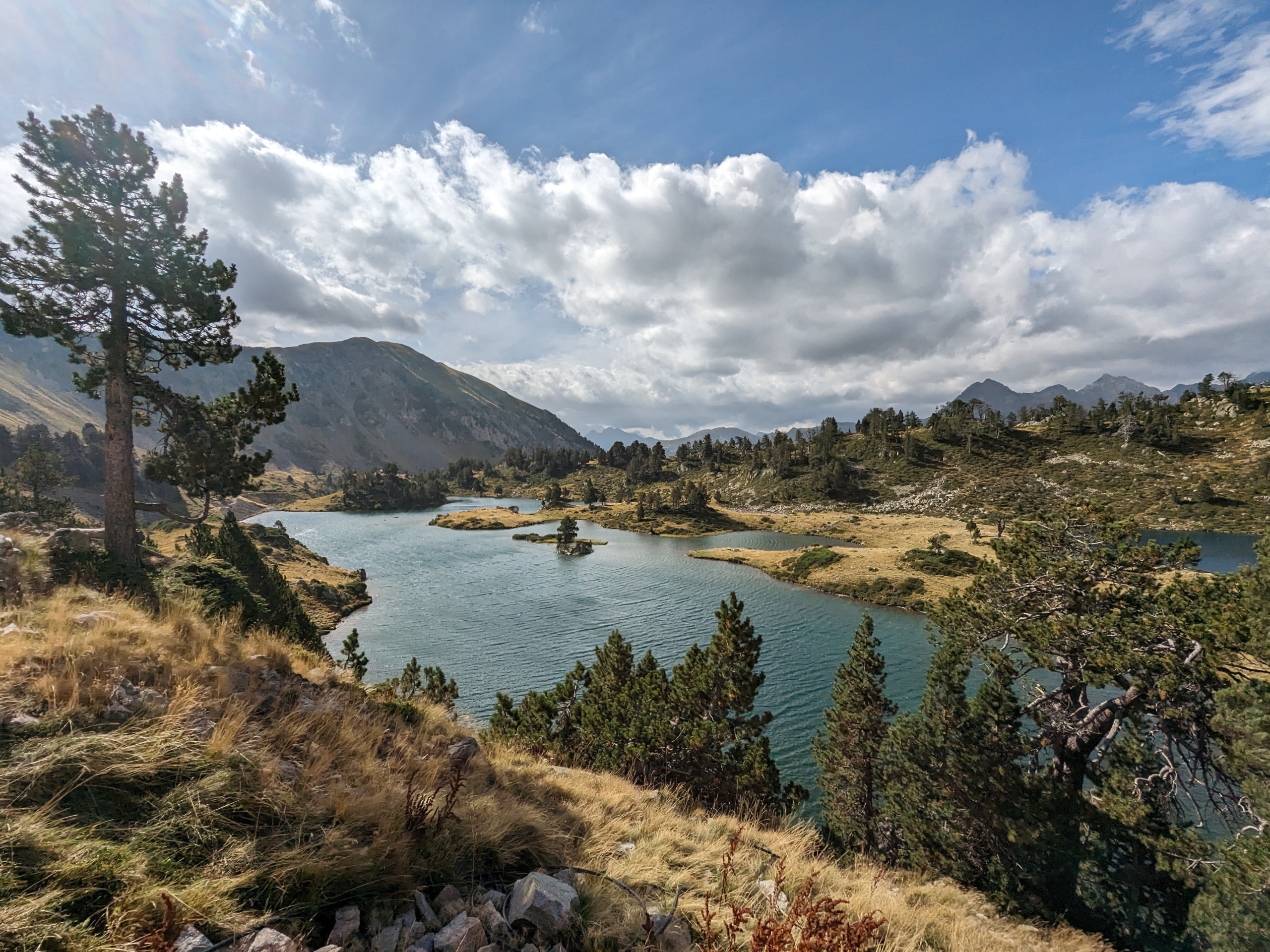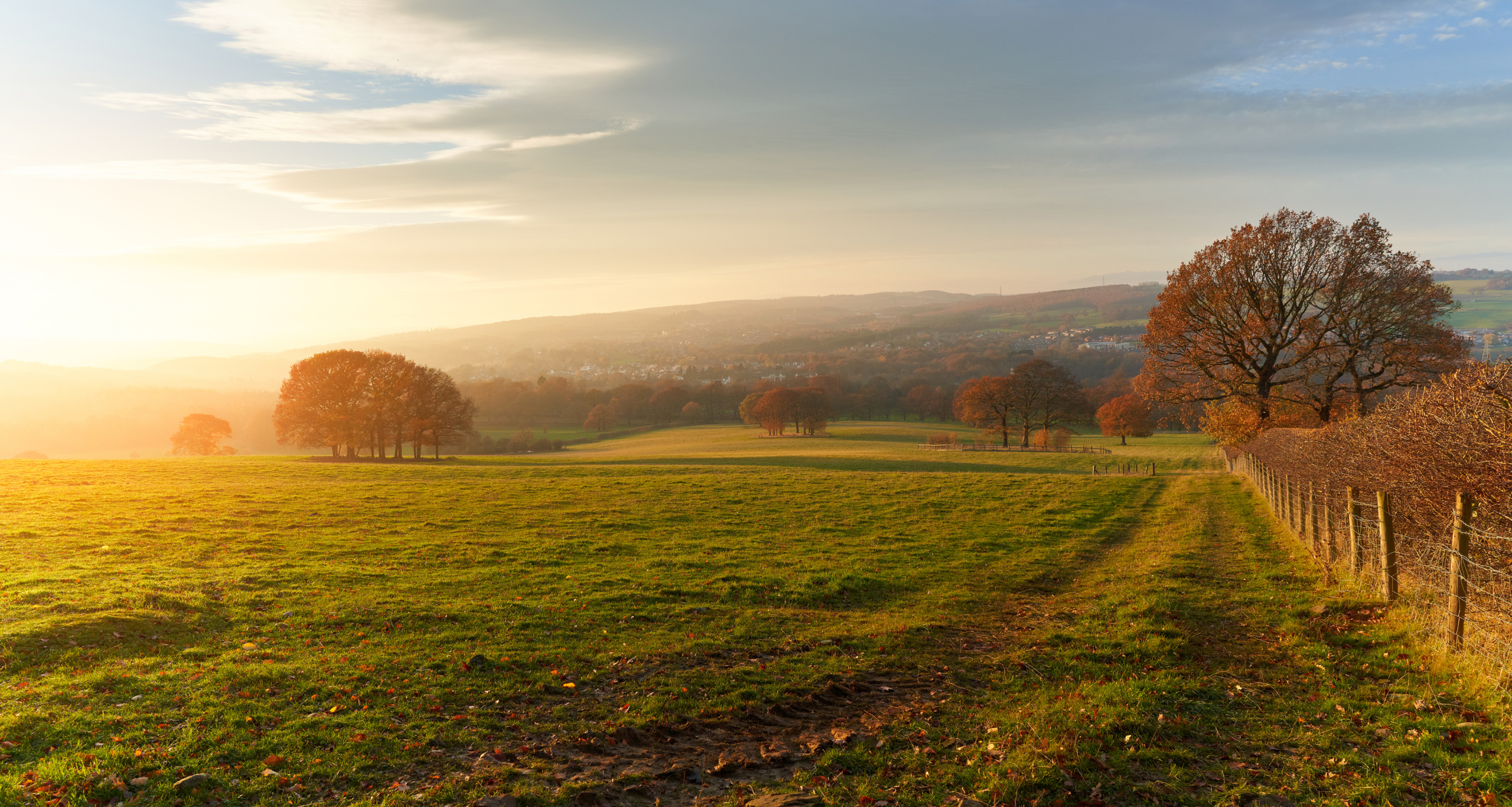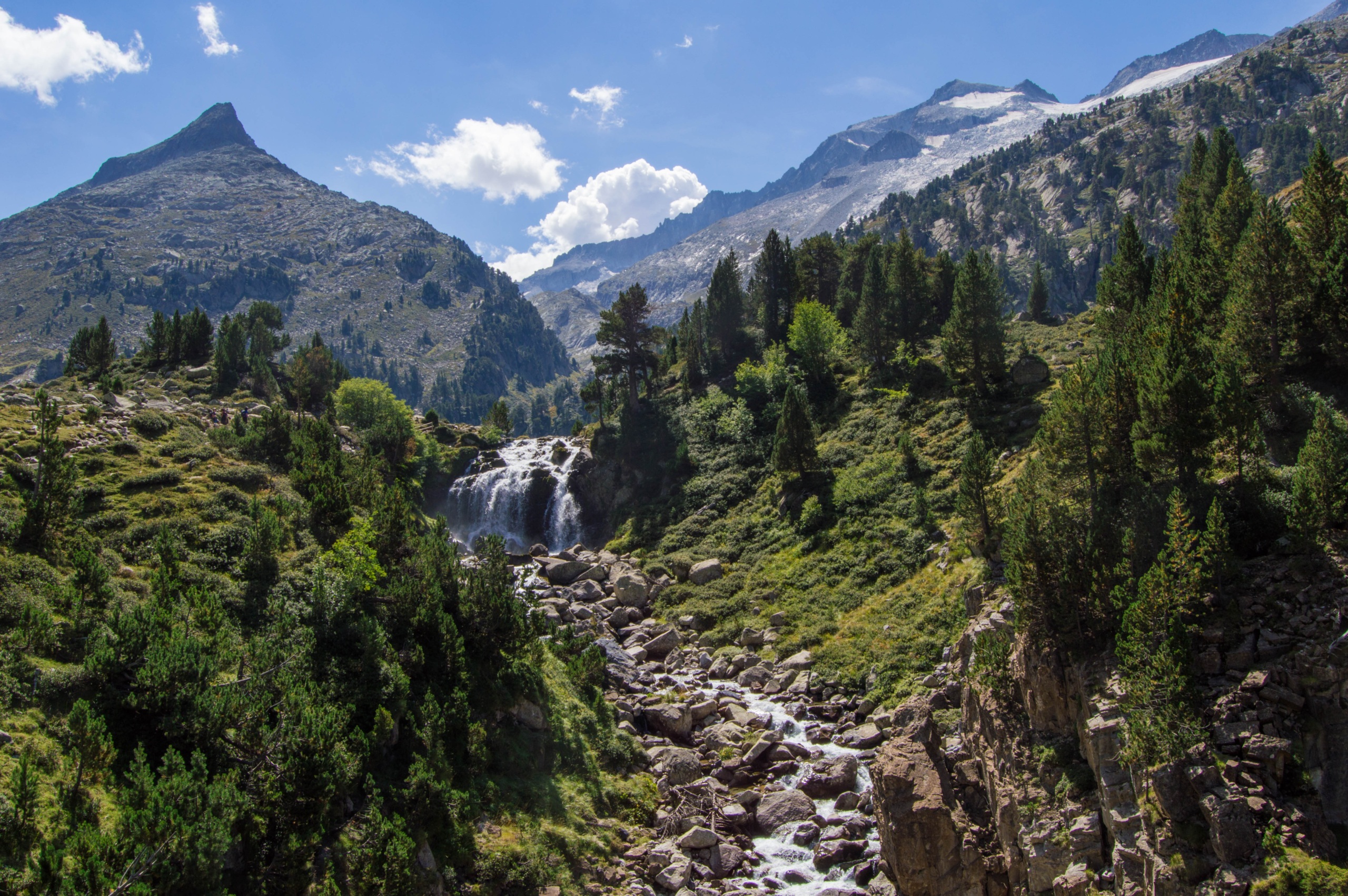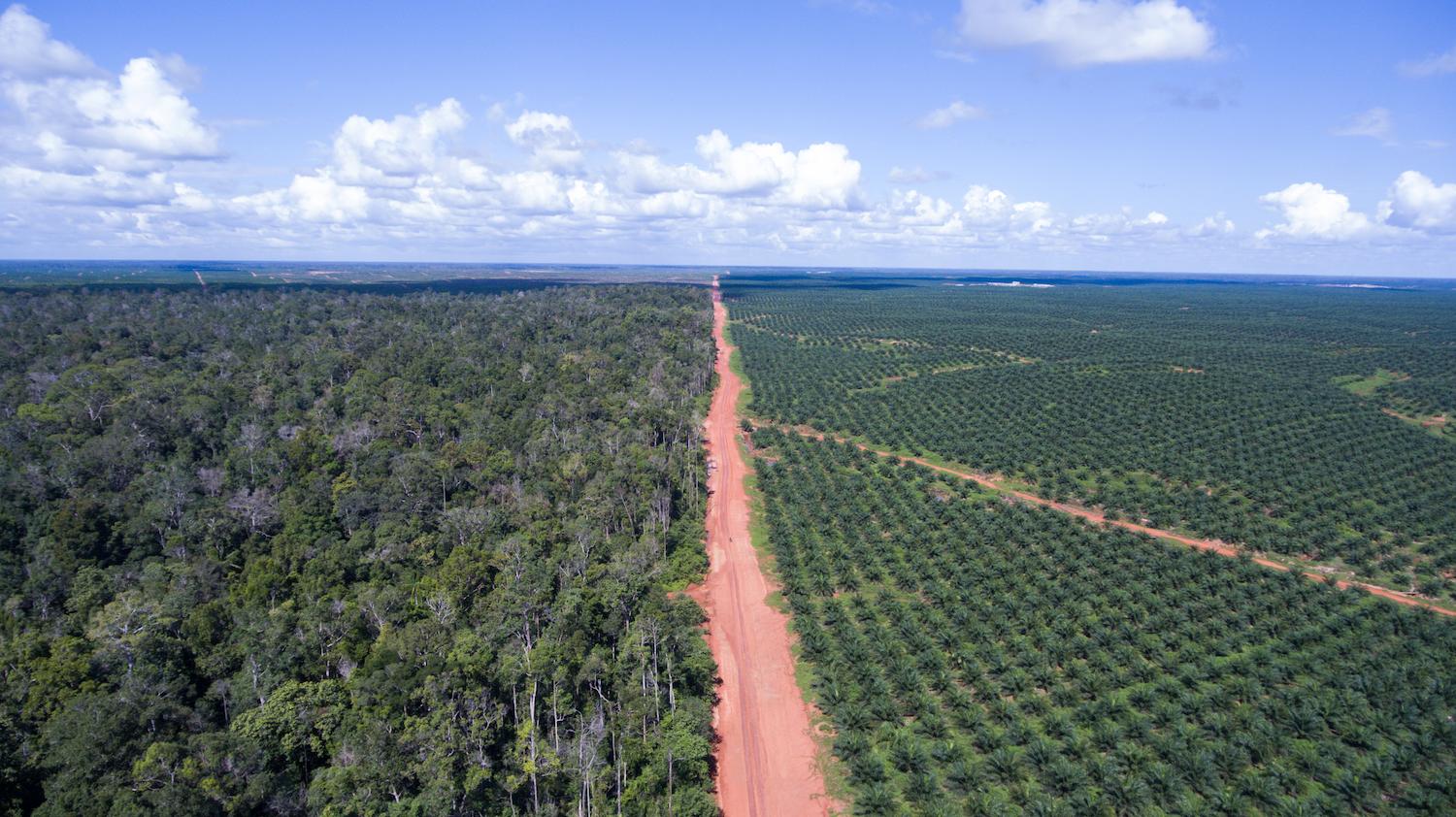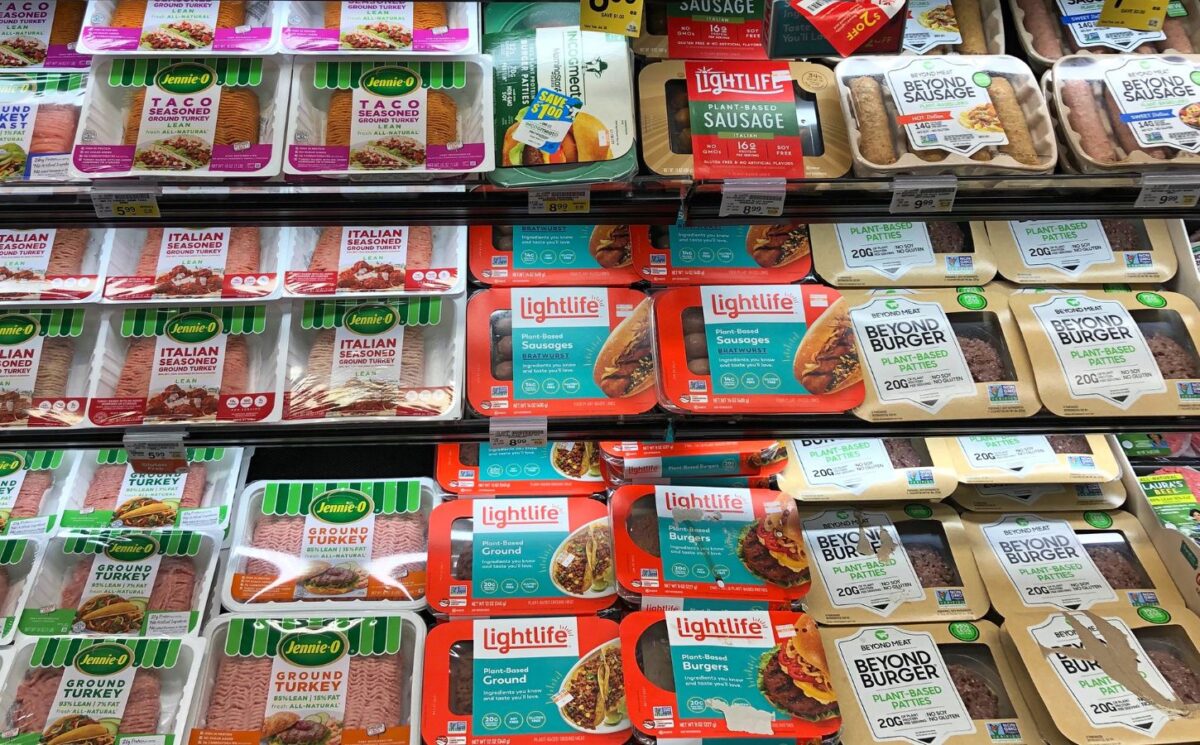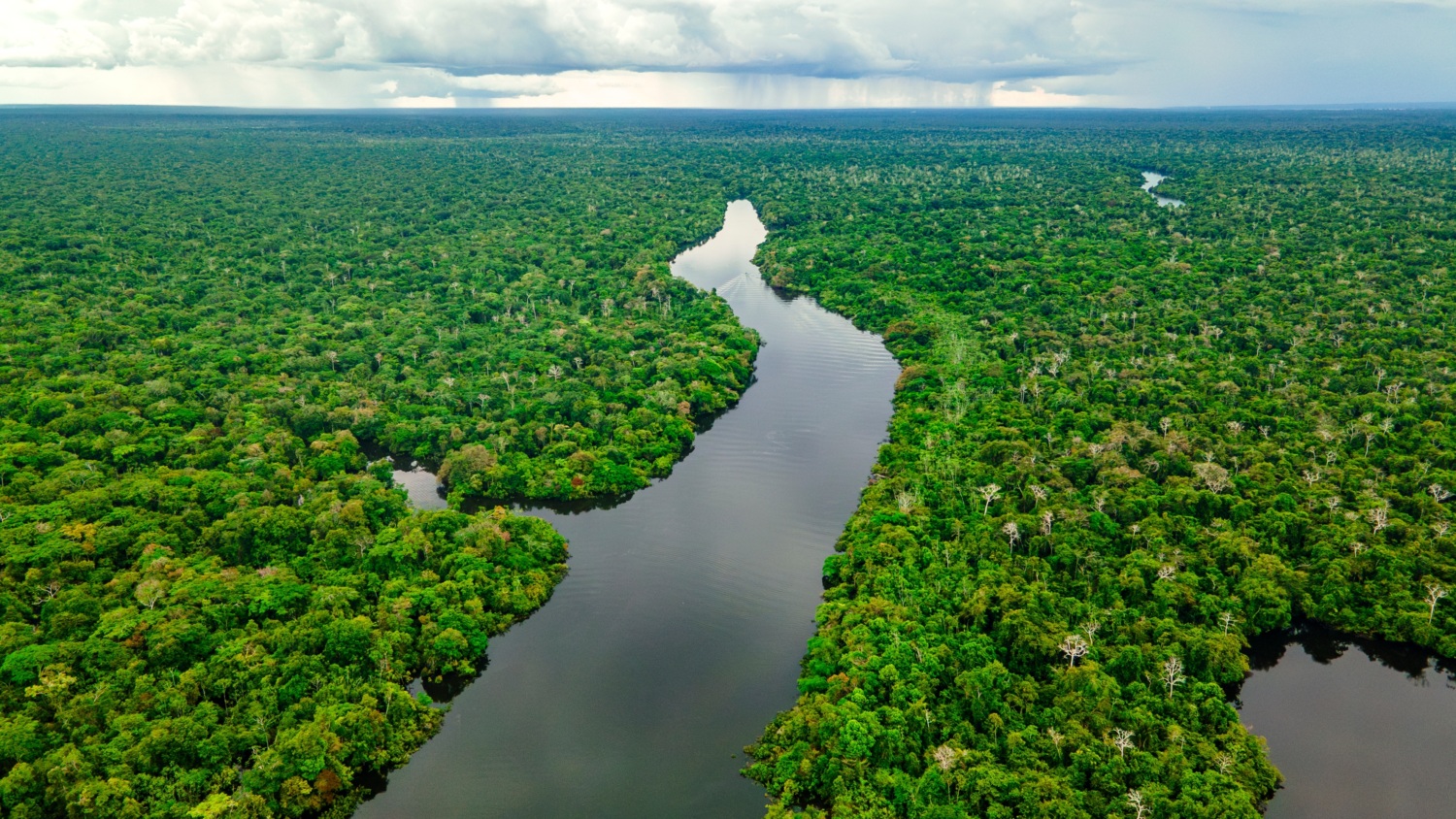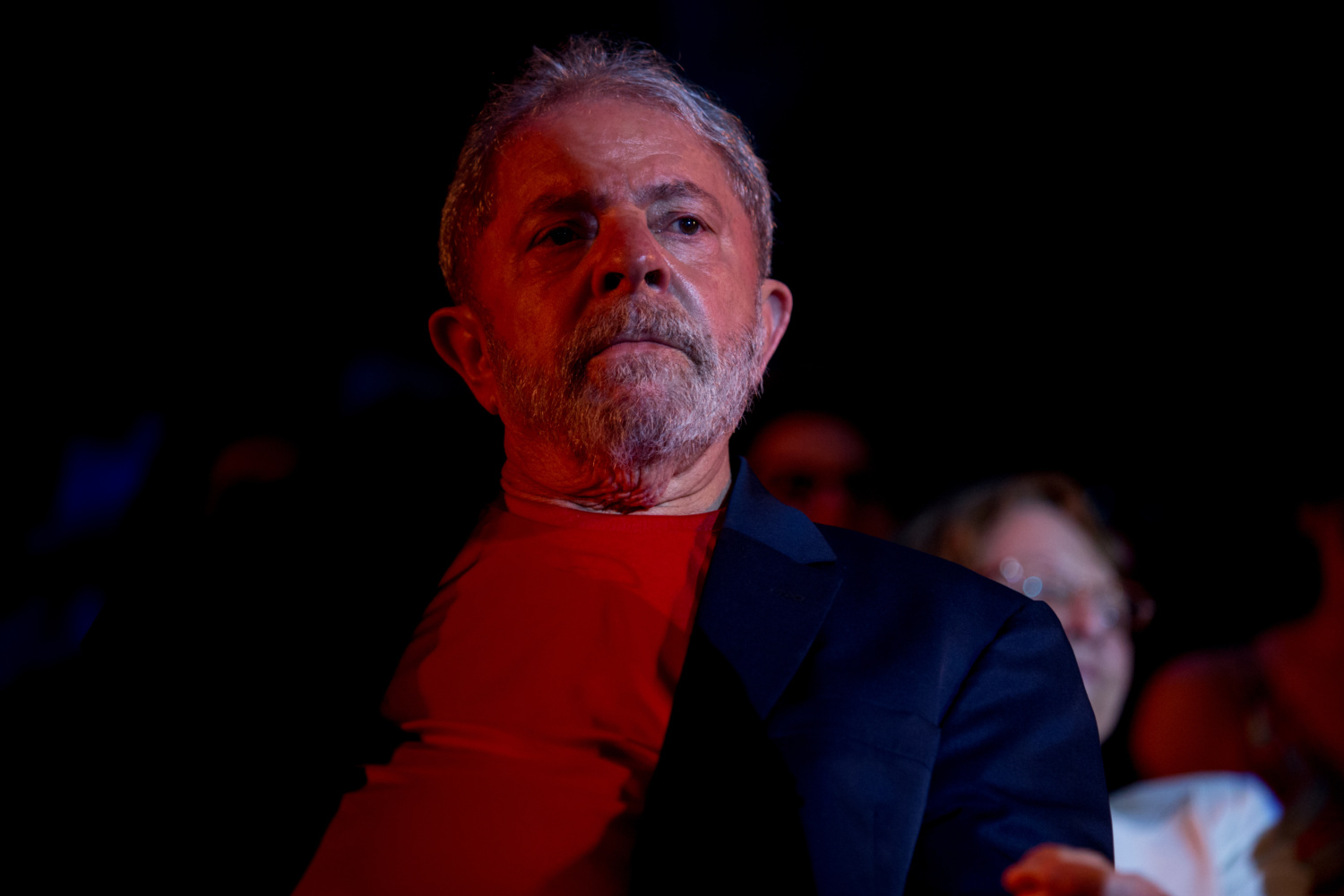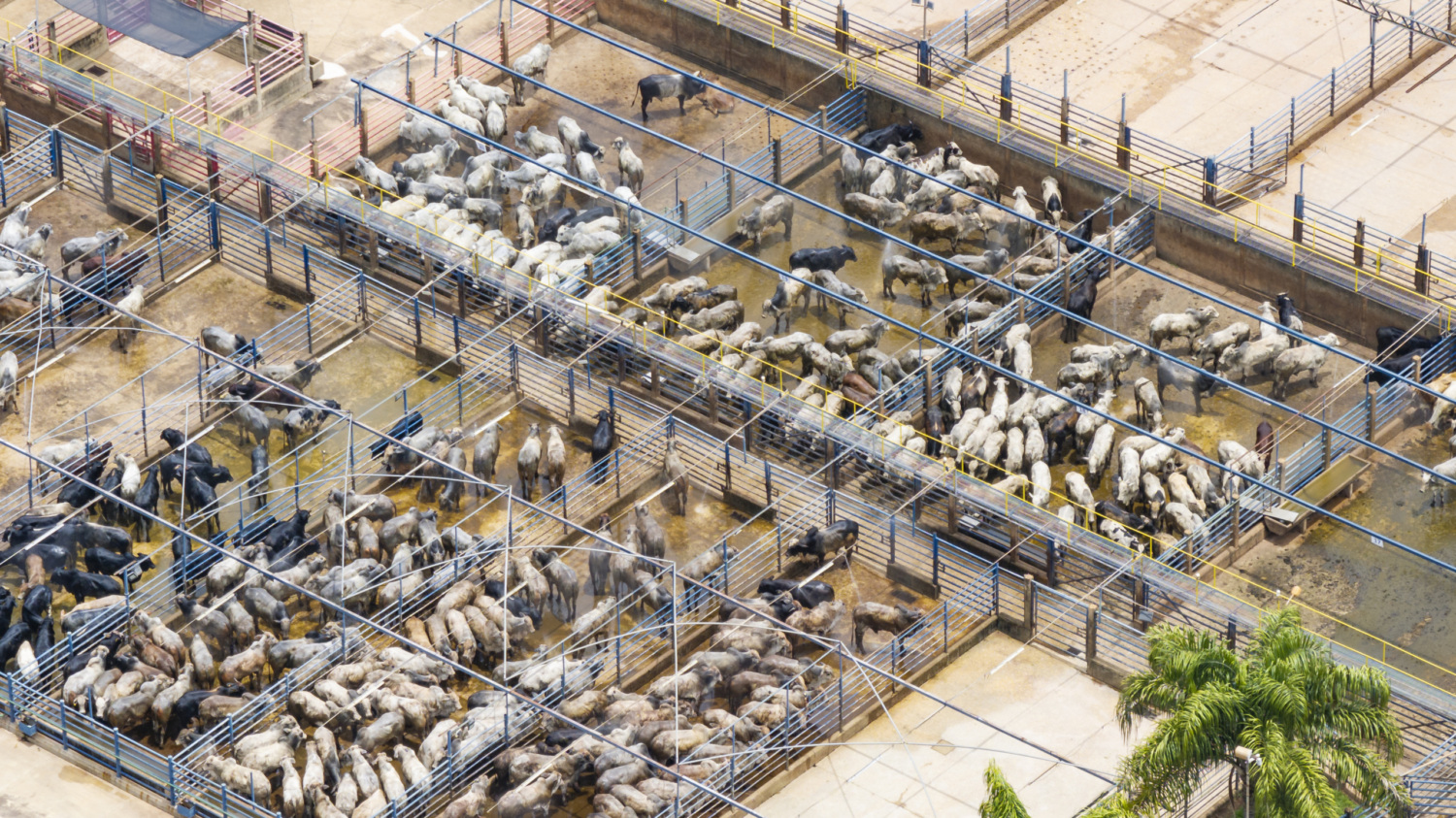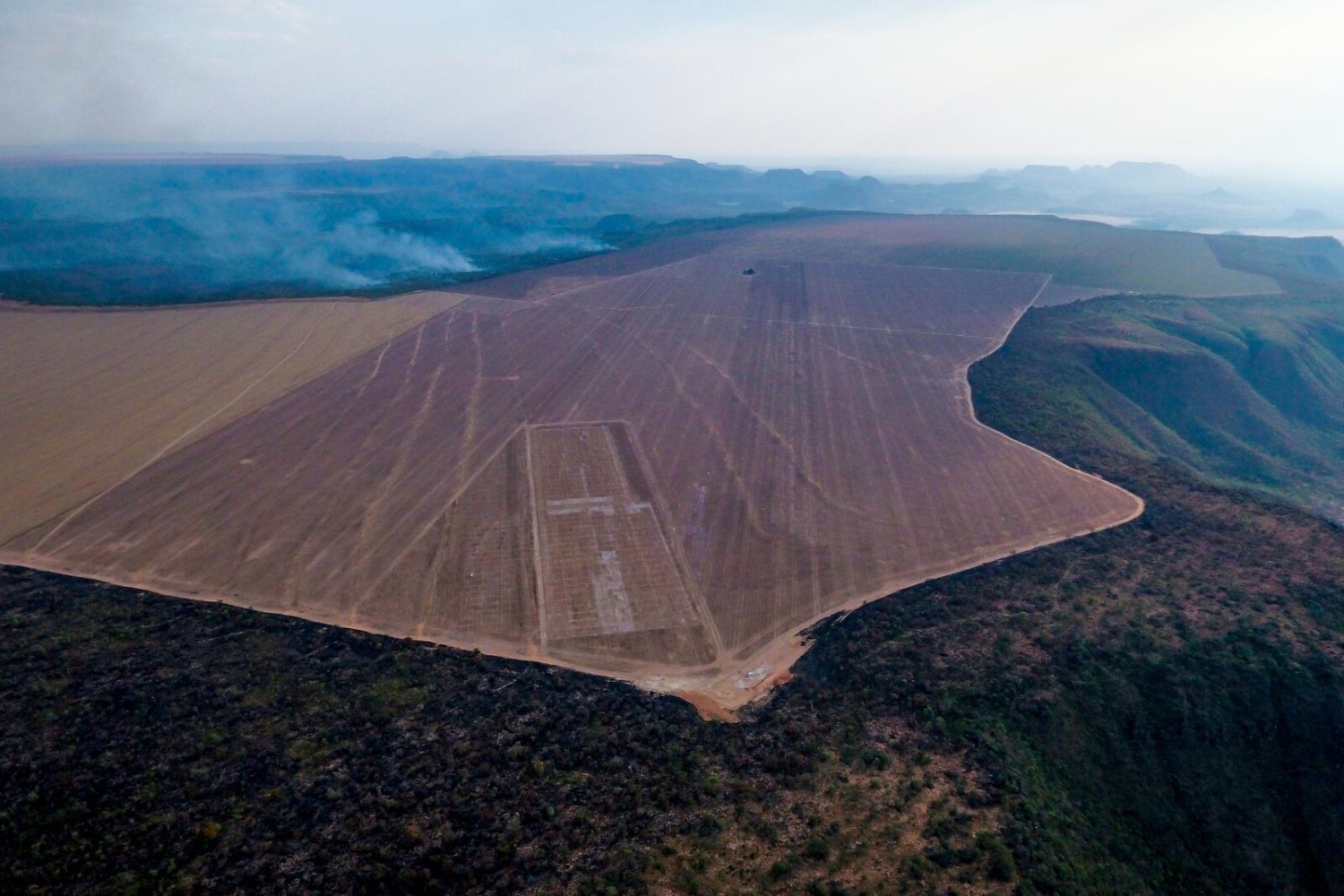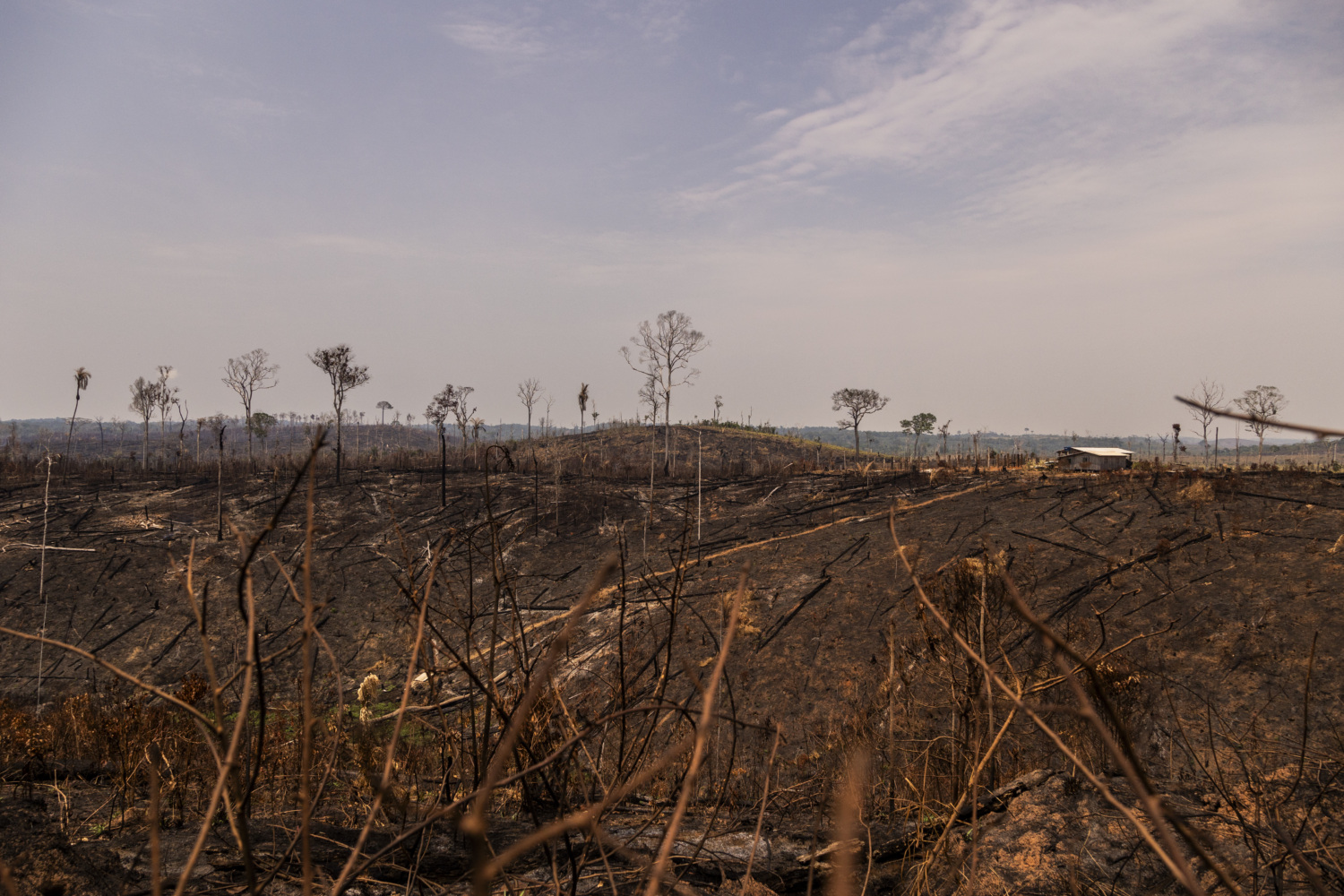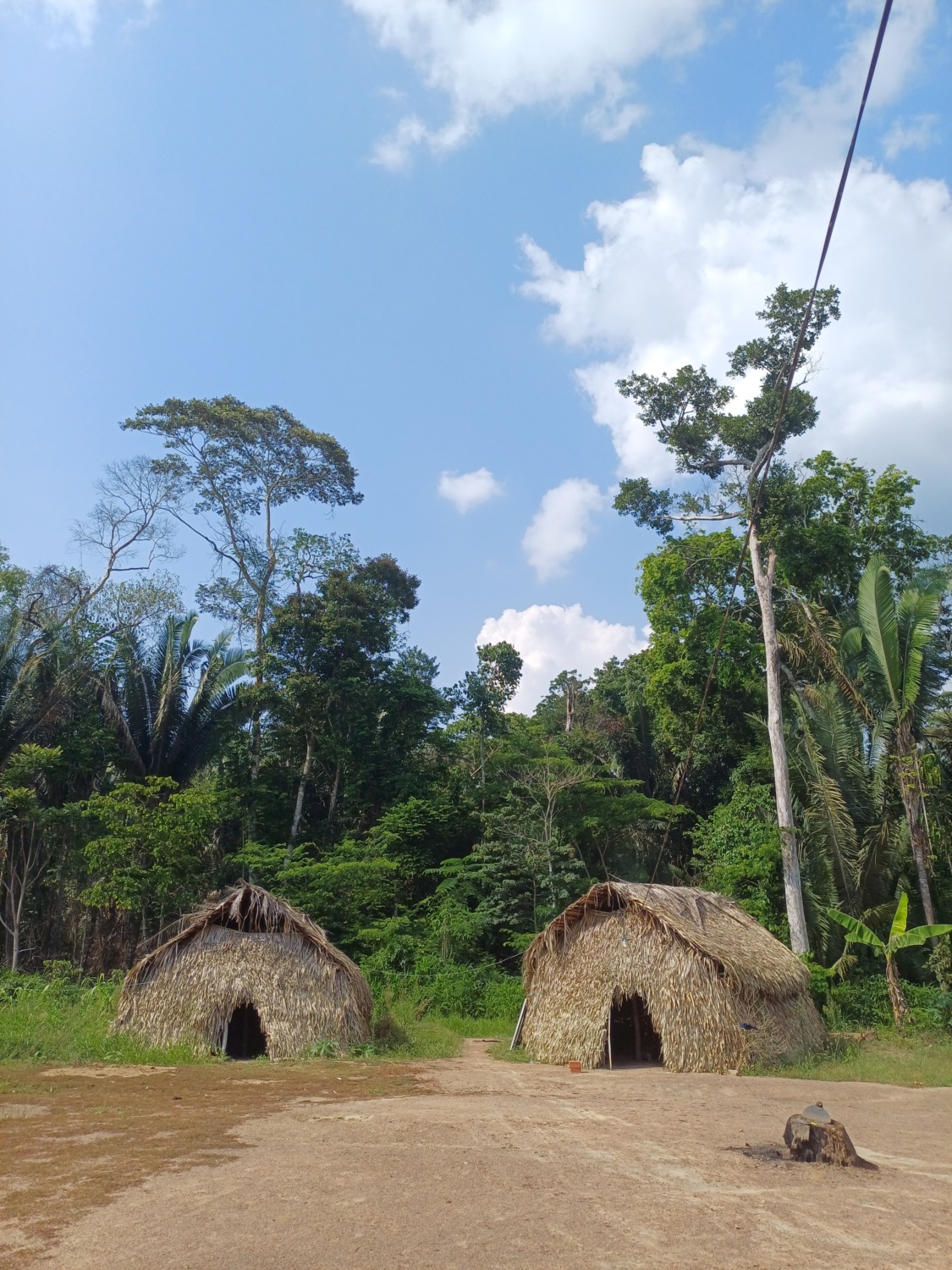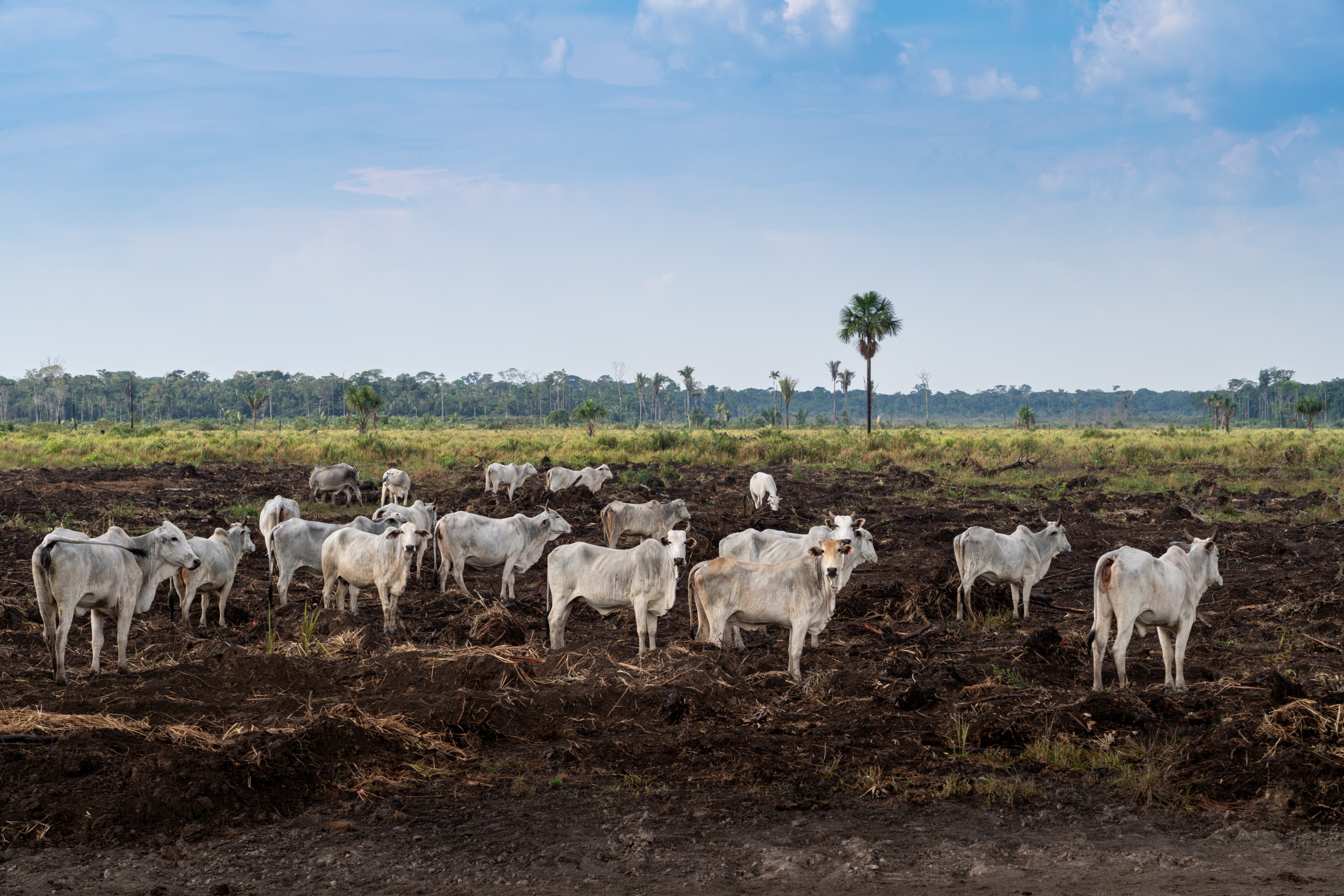
Protein Transition
Join Our Mailing List
BIG MEAT COMPANIES ARE DESTROYING NATURE
Beef is the top driver of deforestation
Beef and soy production is driving 70% of deforestation and habitat loss in Brazil’s Amazon and Cerrado savannah and is decimating other climate-critical ecosystems like the Chaco, Pantanal and Chiquitanía forest in Bolivia.
Beef production is the top driver of deforestation of the world’s tropical forests and it drives the conversion of important non-forest landscapes, from grasslands to savannahs.
Across the Amazon, cattle ranches and slaughterhouses support industrial meat operations. Cattle reared on often illegally deforested land, which has been burned and cleared, are moved from farm to farm, before entering the supply chain to be turned into beef products sold in supermarkets across the world. Co-products of the cattle industry, like leather and collagen, supply the auto and health industries.
Rampant soy destruction
Soybean production is the second biggest driver of tropical deforestation. Brazil is now the world’s biggest producer of soy – producing a record 156 million tonnes of soy last year. It’s estimated over 20 million hectares of Brazil’s forest cover has been lost to soy expansion in the last three decades. Many Indigenous communities have had their land grabbed and forests and livelihoods destroyed due to soy expansion. Globally, about 75% of the world’s soy is used for livestock feed—for chickens, pigs and cows.
SUPERMARKETS ARE COMPLICIT IN FOREST DESTRUCTION
Mighty Earth is campaigning to end deforestation caused by beef and soy in Brazil and the wider region. We aim to transform the meat industry by persuading major supermarkets, banks and governments to urgently end deforestation and ecosystem destruction, and human rights violations of local and Indigenous communities.
Our campaign strikes at corporations’ vulnerabilities, exposing their lack of action, greenwashing, and outright lies. We call out the false promises of huge corporations like soy traders Cargill, Bunge and Brazilian beef giant JBS who pledge to end deforestation but lobby against tough zero-deforestation rules and continue with business as usual. They need to be held accountable for their complicity in the climate emergency.
ROLE OF GLOBAL FINANCIERS IN AGRIBUSINESS
There is a direct link between the climate crisis and the global financial system. Without loans, financing, underwriting and insurance, the expansion of the world’s major forest-destroying projects would not be possible. The essential role of banks, investors and insurers with big meat and soy companies is clear.
PROVIDING SOLUTIONS
Real time alerts and satellite monitoring pinpoint deforestation and nature destruction in vulnerable locations, to stop a few hectares becoming a few hundred, or thousand.
Farmers can use previously degraded land of which there are 1.6 billion acres in Latin America alone.
Shifting to agroecology and regenerative agricultural practices which work with nature, not against it.
Getting to grips and driving down methane (from cow’s belches), the most potent of the greenhouse gasses.
Reducing herd sizes, using different feed for cattle and scaling up plant-based and alternative proteins.
Science tells us we need to eat a lot less meat and more plant proteins if we’re to halt and reverse climate change and nature loss.
Supply chains that are based on protecting the earth and upholding human rights.
-
60% OF GLOBAL NATURE LOSS
is driven by the meat industry
-
At LEAST 15% OF CLIMATE POLLUTION
comes from the meat industry; more than cars, trucks, ships and trains
-
85% REDUCTION
Our goal for reducing meat industry deforestation in Latin America by 2030
Our Work
Cargill: “The Worst Company in the World”
US agribusiness giant Cargill has an appalling track record on deforestation, environmental and human rights issues. Our latest report reveals for the first time how Cargill sabotaged the world’s biggest breakthrough on forests on soy at COP27.
Learn more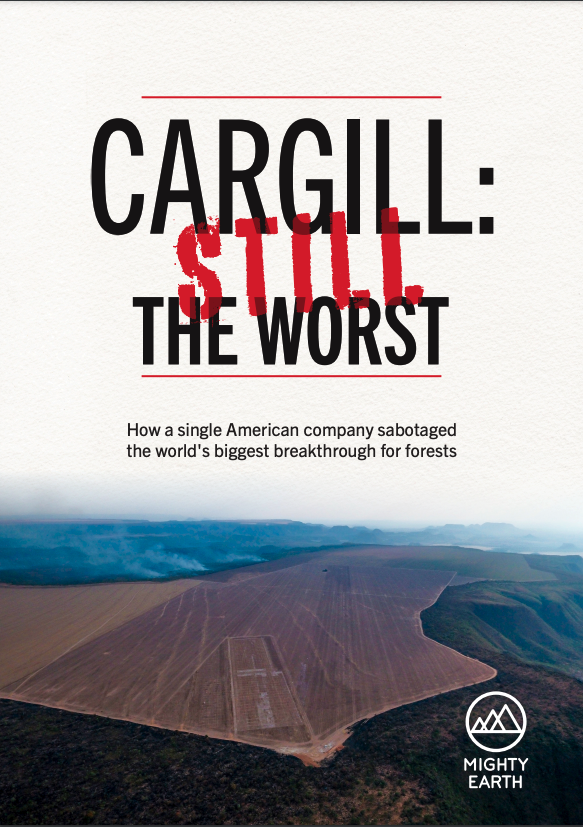
JBS: One of the World's Worst Forest Destroyers
The world’s largest meat company, JBS, is linked to driving the destruction of the Amazon rainforest and other ecosystems, and continues to underreport its supersized climate emissions. JBS’ plan to list on the New York Stock Exchange could be one of the biggest climate risk IPOs in history.
Learn More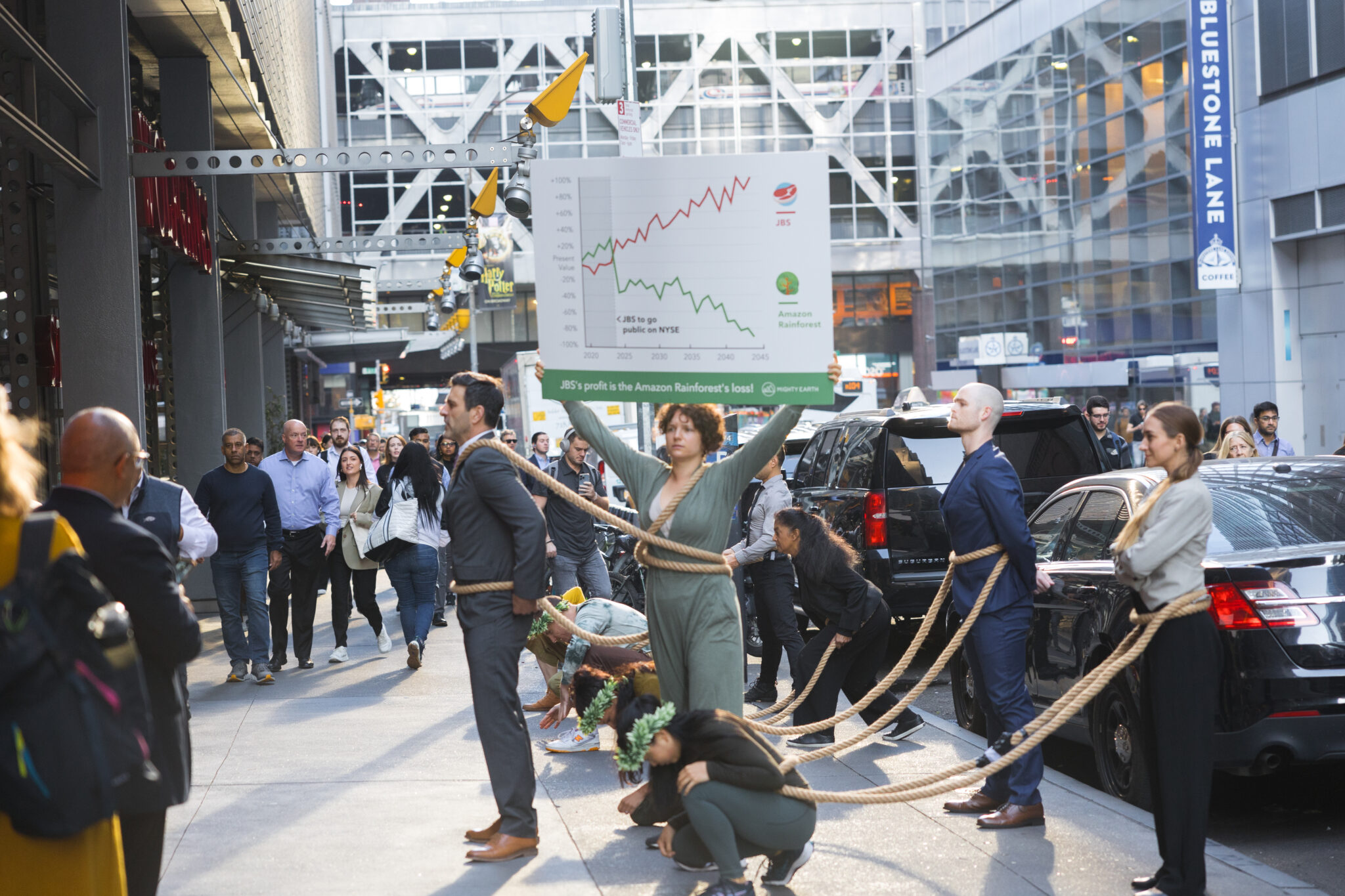
Bunge linked to destruction of the Cerrado
US animal feed giant Bunge is the main supplier of soy animal feed to the meat industry in the European Union. Our latest report links Bunge to deforestation for soy equivalent to 15,897 soccer pitches in the Cerrado.
Learn More